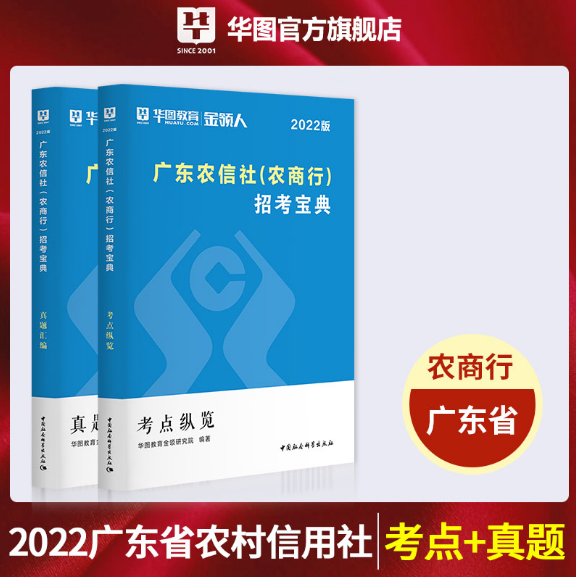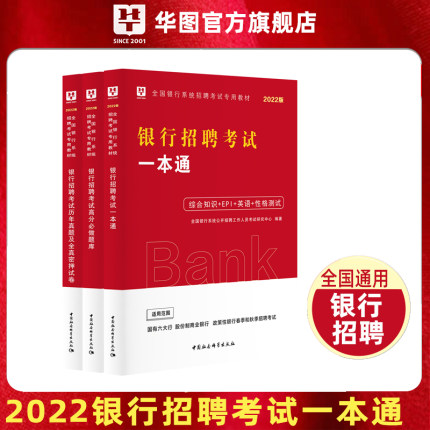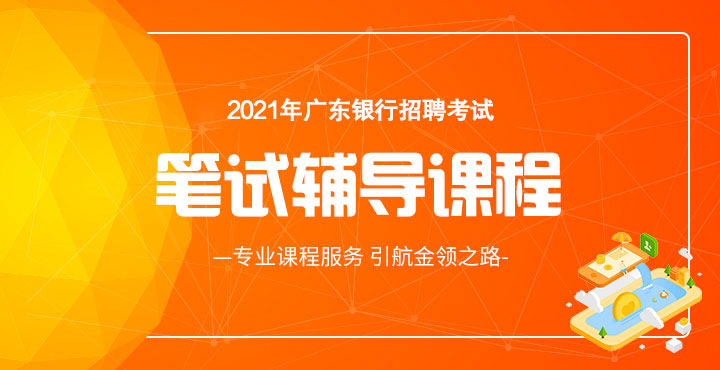2018年中国农业银行招聘考试全真模拟题(第三单元英语)
2017-10-13 09:59 广东人事考试网 来源:广东银行考试网 


广东银行考试网提供以下银行考试题库信息:2018年中国农业银行招聘考试全真模拟题(第三单元英语),更多关于2018广东银行招聘考试,银行考试全真模拟题,银行考试题库的内容,请关注广东银行考试网/广东人事考试网!
一、选词填空Directions: In this section, there is a passage with ten blanks.You are required to select one word for each blank from a list of choices given, in a word bank following the passage.Read the passage through carefully before making your choices. Each.choice in the bank is identified by a letter.Please mark the corresponding letter for each item on Answer Sheet2 with a single line through the center.You may not use any of the words in the bank more than once.
Scholars of the information society are divided over whether social inequality decreases or increases in an information-based society.However, they generally agree with the idea that in equality in the information society is 1 different from that of an industrial society. As information progresses in society, the cause and structural nature of social inequality changes as well.
It seems that the information society 2 the quantity of information available to the members of a society by revolutionizing the ways of using and exchanging information.But such a view is a
3 analysis based on the quantity of information supplied by various forms of the mass media.Adifferent 4 is possible when the actual amount of information 5 by the user is taken into account.In fact, the more information 6 throughout the entire society, the wider the gap becomes between "information haves" and "information have-mots", leading to digital divide.
According to recent studies, digital divide has been caused by three major 7 class, sex, and generation.In terms of class, digital divide exists among different types of workers and between the upper and middle classes and the lower class.With 8 to sex, digital divide exists between men and women.The greatest gap, however, is between the Net-generation, 9 with personal computers and the Internet, and the older generation, 10 to an industrial society.
A.accustomed
B.acquired
C.assembly
D.attribute
E.champions
F.elements
G.expands
H.familiar
I..flows
J.fundamentally
K.interpretation
L.passive
M.regard
N.respectively
O.superficial
Children do not think the way adults do.For most of the first year of life, if something is out of sight, it's out of mind.If you cover a baby's 11 toy with a piece of cloth, the baby thinks the toy has disappeared and stops looking for it.A 4-year-old may 12 that a sister has more fruit juice when it is only the shapes of the glasses that differ, not the 13 of juice.
Yet children are smart in their own way.Like good little scientists, children are always testing their child-sized 14 about how things work.When your child throws her spoon on the floor for the sixth time as you try to feed her, and you say, "That's enough! I will not pick up your spoon again!"
The child will 15 test your claim.Are you serious? Are you angry? What will happen if she throws the spoon again? She is not doing this to drive you 16 ; rather, she is learning that her desires and yours can differ, and that sometimes those 17 are important and sometimes they are not.
How and why does children's thinking change? In the 1920s, Swiss psychologist Jean Piaget proposed that children' s cognitive (认知的) abilities unfold 18 , like the blooming of a flower,almost independent of what else is 19 in their lives.Although many of his specific conclusions havebeen 20 or modified over the years, his ideas inspired thousands of studies by investigators all over the world.
A.advocate
B.amount
C.confirmed
D.crazy
E.definite
F.differences
G.favorite
H.happening
I.Immediately
J.Naturally
K.Obtaining
L.Primarily
M.Protest
N.Rejected
O.theories
关键词阅读: 2018广东银行招聘考试 银行考试全真模拟题
(编辑:广东华图)

线上微信客服
扫一扫:在线沟通
报考过程有疑惑?
专业客服来答疑

金融招考公众号
扫一扫:马上关注
最新招考资讯
尽在gdhtgwy










